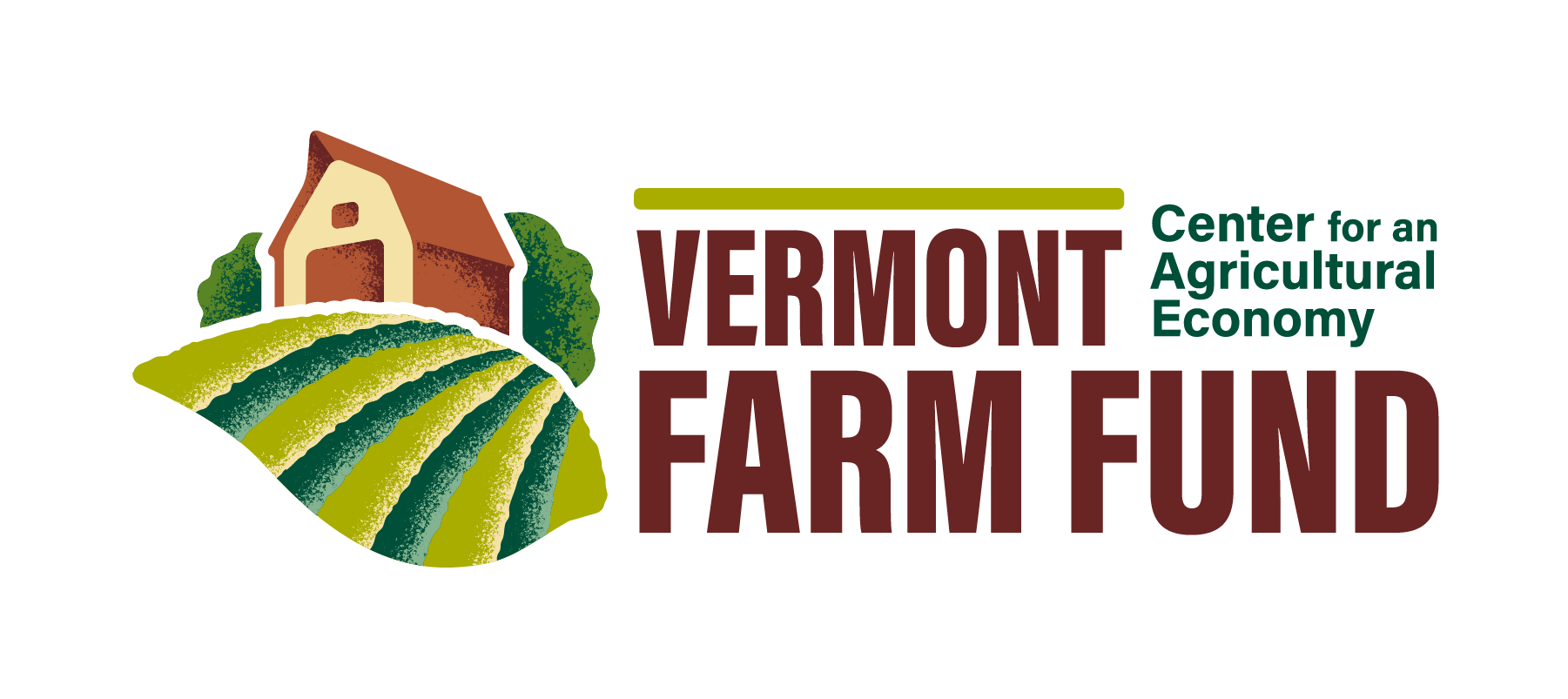Kingsbury Market Garden
Business Focus
Kingsbury Market Garden in Warren is a diversified vegetable farm with a twist. In addition to selling to local restaurants and operating a CSA, Kingsbury leases its land from The Vermont Food Bank. Kingsbury Market Garden pays its rent in organic produce, directly feeding Vermont’s emergency food system.
Loan Summary
During the Irene torrent, rushing waters of the Mad River swept away 3/4 of an acre of tillable land from the Kingsbury Farm, as well as much of the rich topsoil farmer Aaron Locker had been meticulously building for the prior 2 years. With many of the crops that had not yet been harvested now unsalable, Aaron didn’t have the necessary funds to continue his soil building program – at a time when it was most needed. The $10,000 VFF emergency loan enabled Aaron to begin rebuilding his farmland that fall, putting him in a stronger position for the following year’s growing season.
We were facing a vicious cycle of not having enough money to invest back in the farm to make it productive, slowing digging ourselves a bigger hole.
Flooded greenhouses at Kingsbury Market Garden during Tropical Storm Irene
The Backstory
Kingsbury Market Garden owner Aaron Locker has an aggressive business model, needing to generate high yields in order to cover his farm lease and still earn a living. Aaron farms a small 7 acre plot of conserved land owned by the Vermont Food Bank. The operation pays its $30,000 annual lease in the form of 35,000 lbs of organic vegetables. This model means that the farm can’t become profitable until late in the summer, after its lease obligation has been covered. With the fall crops such as winter squash, sweet potatoes, and carrots just about ready for harvest in 2011, Kingsbury Market Garden had just gone into the black about a week prior to Tropical Storm Irene.
All during that Sunday, August 28, Aaron kept an eye on the rain and river, hoping for the best. The river was moving fast, but staying within its banks when a log jam occurred just downstream and backed the raging waters up into the farm. In a matter of minutes, land disappeared, and the flood waters decimated 1/2 of his crops still in the ground. Worse yet, Aaron had just tilled two plots for planting, leaving rich, loose topsoil ready to wash away. With 10% of his growing land gone, and the remaining land severely compromised, the farm was in a precarious position for the future.
Farmland eroded by the flood
The Bottom Line
The simple application process and speedy approval of our VFF loan enabled us to deal with harvesting what we had left, instead of managing a slow, cumbersome process while waiting for our funds.
Aaron doesn’t know what he would have done without the swift injection of cash from the VFF Loan. Some of the funds he used immediately to pay his workers so that they would be available to help him in the recovery process. But he used the majority of the $10,000 loan to purchase minerals, lime, manure, and compost to enrich the river sand that was used to fill in the scoured fields, and restart the topsoil building process.
According to Aaron, the farm isn’t back to where it would have been without a flood. But, thanks to the VFF loan, the farm did make money in the 2012 growing season, and even piloted a multi-farm CSA. Barring any disasters in the near term, Aaron is looking forward to a very good 2013 growing season and beyond.



